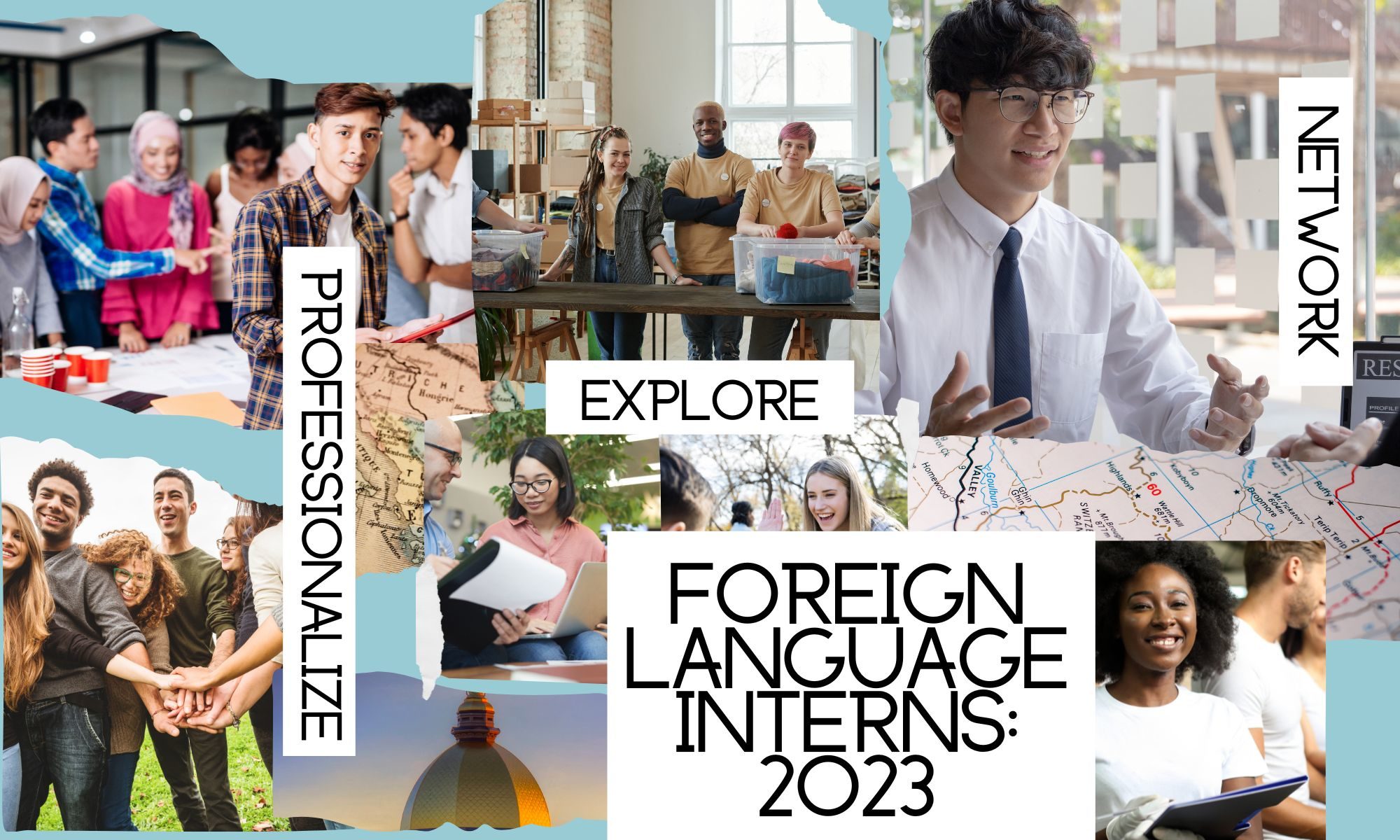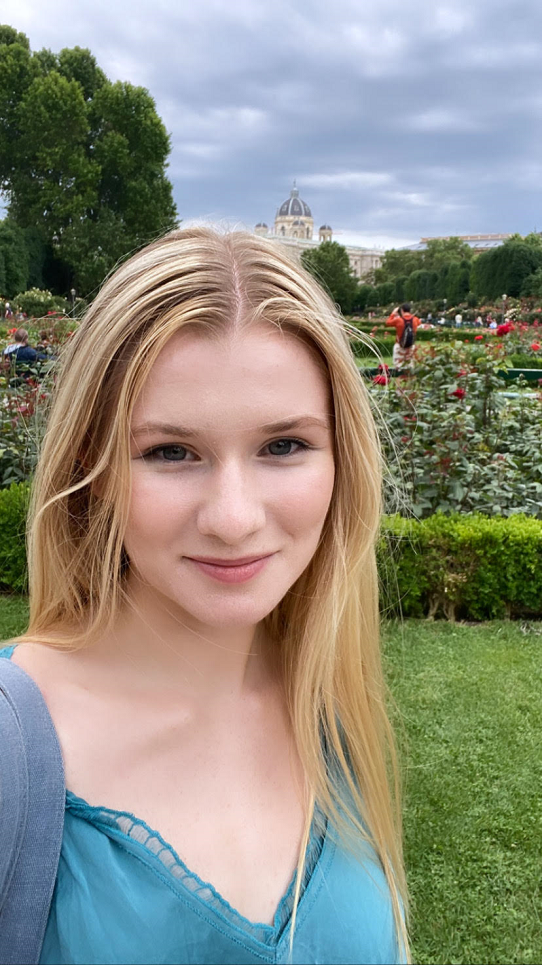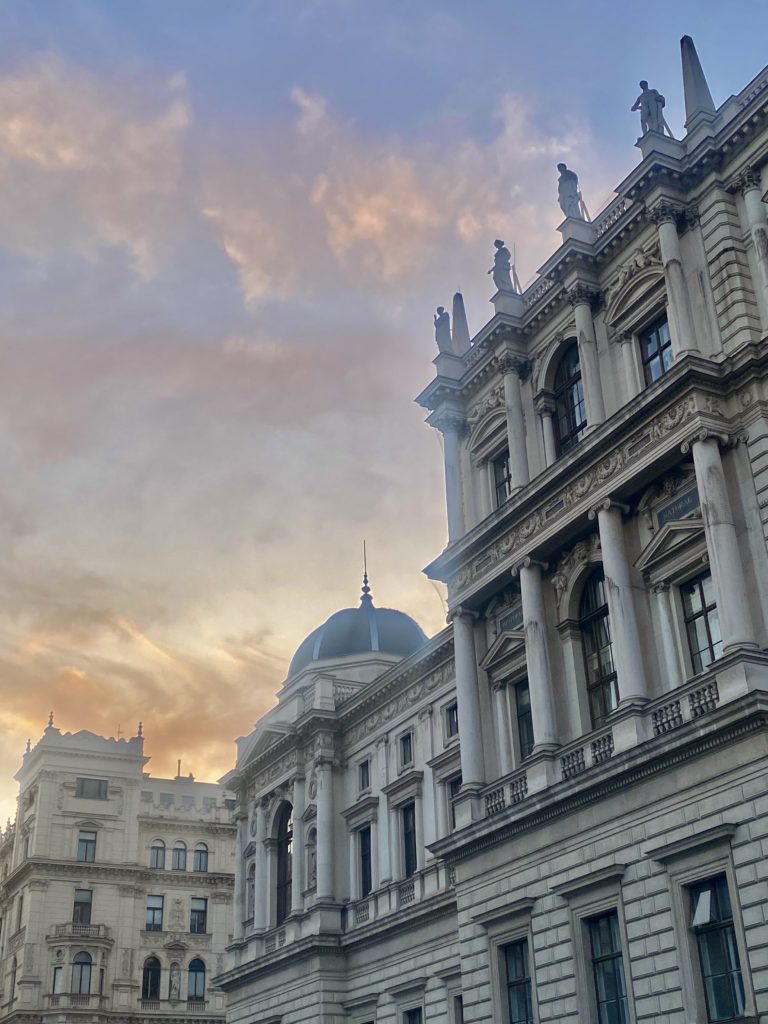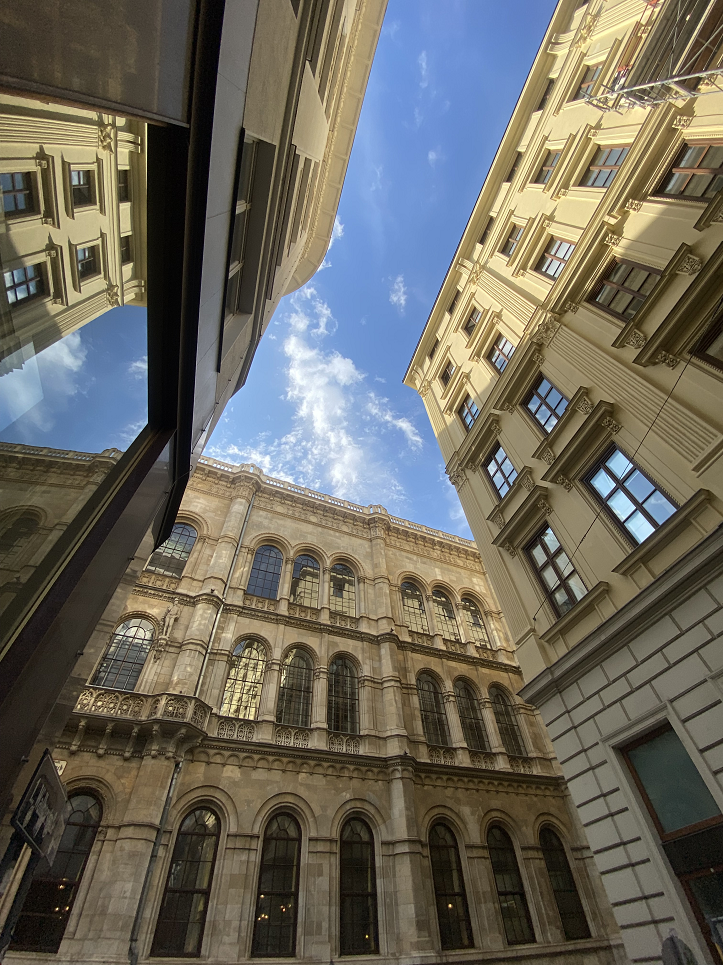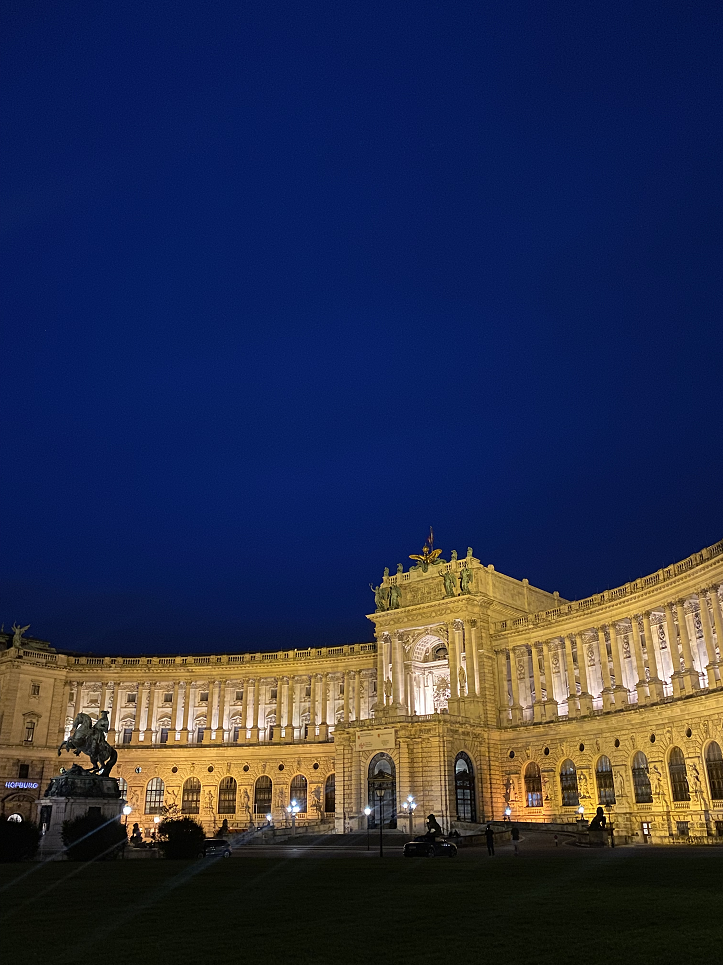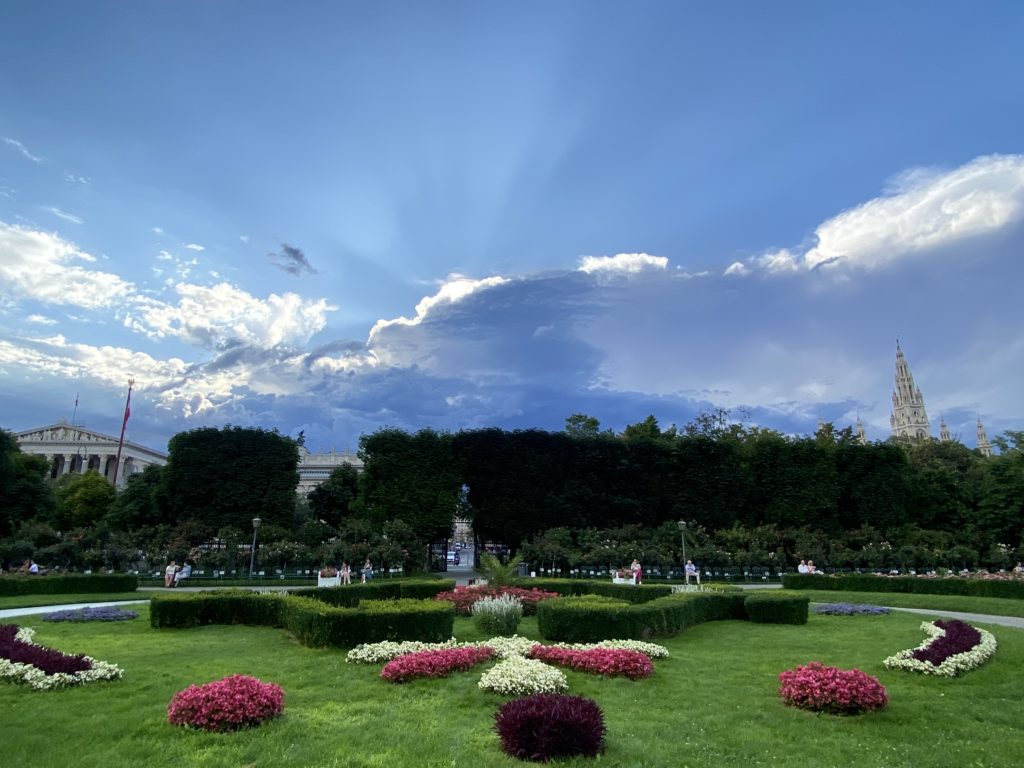While hanging out with friends at a café in the evening, the kitchen was already closed, but I had not yet eaten dinner. So, around 9:30 PM, I briefly left the group to grab a meal from one of the small food stalls/shops within the nearby subway station. From the recommendation of a friend, I headed towards an Israeli street-food vendor. What commenced is comical in hindsight, but in the moment, somewhat frustrating and confusing.
Observations:
- At this time, I’m extremely hungry and becoming even slightly dizzy, since I had eaten a small lunch and I miscalculated the kitchen closing time of the café.
- The surrounding station is loud per usual, but in this case, it is especially hard to hear the employee behind the counter who is moving around and speaking very quickly.
- The employee and his colleague were speaking another language amongst themselves, and the man has a very thick accent when speaking in German.
- With the noise, the movement, and the accent, other customers also appear to have a difficult time understanding and are repeatedly asking for clarification.
During the whole process of ordering and waiting for my order, the employee took orders, prepared, and served several later customers first, leaving me waiting (eventually alone) for an extra 10 or so minutes. Though working hurriedly, he would periodically stop and directly turn to face me, asking where I was from and what I was doing in Vienna—he had correctly sensed that I was a foreigner, probably from the clarifying questions that I asked, although others were asking similar clarifications to correctly understand the man. Therefore, it puzzled me how he gleaned I was a foreigner, as my behavior did not differ from other customers simply ordering, asking questions, and waiting. Not knowing the employee, I was reluctant to just outrightly declare that I’m from the US, so I hesitated for a moment, and instead replied, “England.” Though polite, I was trying to avoid conversation. A minute later, he once again completely stopped, leaned forward over the counter, and informally asked me, “Bist du Rumänin?” (“Are you Romanian?”) This especially confused me, because to my knowledge, I didn’t look at all similar to Romanians I have met or my expectations of a typical Romanian appearance. Several more minutes later, when I was finally paying, I misunderstood something he said, and then he appeared frustrated and started to speak to me in Russian, demanding, “OK, do you understand!?” By this point, I was just very confused and hungry, so each question increasingly caught me off guard. I hurriedly paid and left—but admittedly, the food was delicious!
Interpretation: - The employee is taking some kind of special interest or curiosity about me—why is he starting and finishing all the orders of later customers after I’ve already ordered, leaving me waiting longer than others and then eventually, waiting alone at the stand?
- Is the special interest just innocent curiosity, romantic interest, simple dislike, or something more calculated or even sinister? It seems like this situation/interaction is purposeful on his part.
- He really is persistent to find out where I’m from, and although I am politely avoiding a conversation, he keeps pressing the matter—meaning that he either doesn’t notice my discomfort or doesn’t care.
- While I don’t feel unsafe, I’m not completely comfortable with the situation.
Verification: Several days later, I was a staff member at a two-day worship-music conference, organized by the Viennese diocese and several churches. I met a fellow staff member from Linz, Austria, about an hour away by train. We were chatting, and I told him this story from several days earlier. However, when I mentioned the man’s question about being Romanian, the fellow employee agreed that I could pass for Romanian—to my increased confusion! He explained that, especially in Transylvania, there are more ‘Nordic-looking’ Romanians due to migration in the past centuries and that Romanians are phenotypically more diverse than I otherwise anticipated. Turns out, this employee himself was Romanian, but otherwise matched the stereotypical ‘German’ or ‘Austrian’ look.
Evaluation: - With this new knowledge, the questions themselves seemed less random, but still confusing, especially as to why the man was so insistent and intense.
- But in hindsight, the situation seems more amusing than alarming, although it was uncomfortable in the moment.
- Makes for an interesting story at least!
